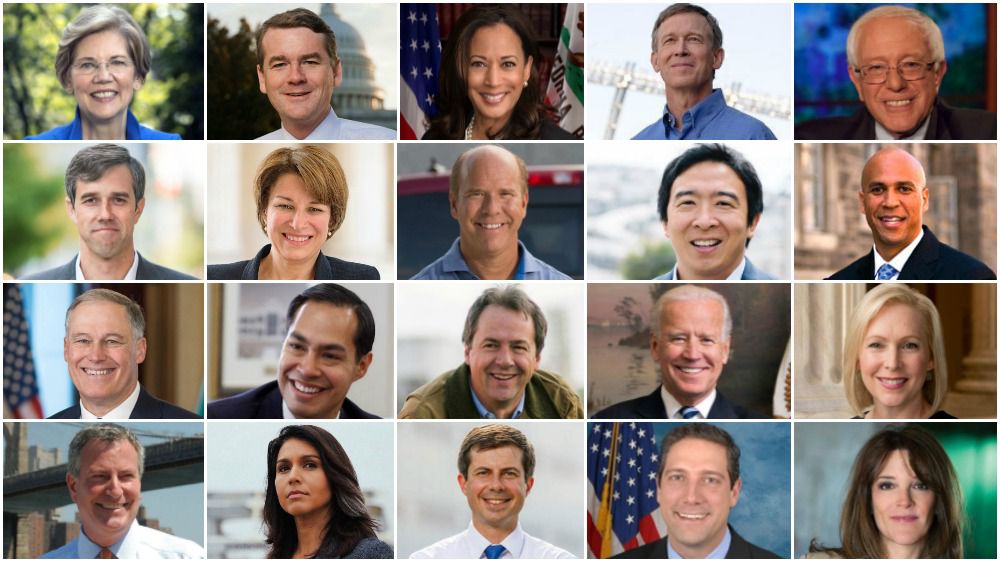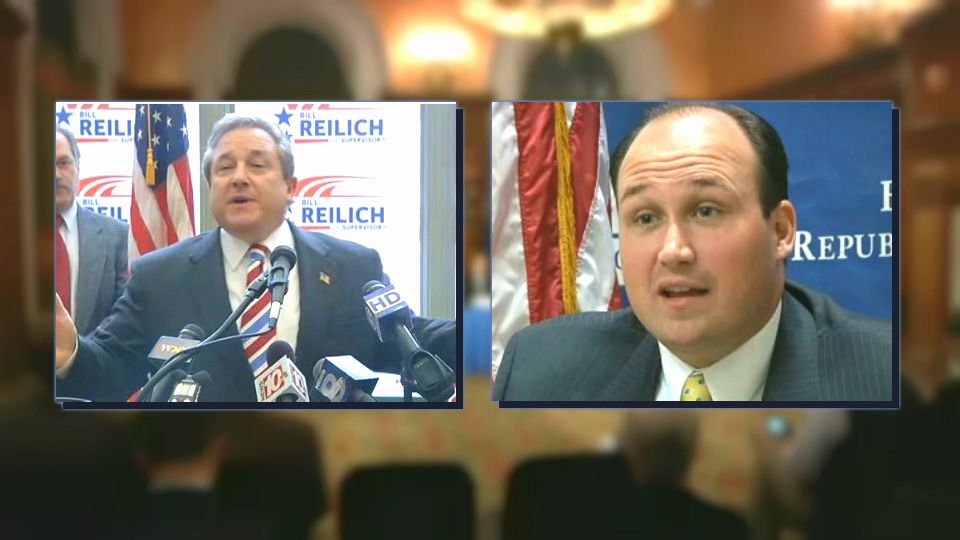BUFFALO, N.Y. -- Of the nearly 400,000 students in the State University of New York and City University of New York system, the governor's office stated more than 210,000 won't pay a cent for tuition this year, with the federal Tuition Assistance Program, Pell Grants and other scholarships covering the vast majority of the students.
"What people don't get is about 50 percent of students today were going to SUNY for free because of TAP and Pell. This (Excelsior Scholarships) is really only an add-on that allows students with a little bit higher income to come to SUNY for free," said SUNY economics professor Fred Floss.
About 22,000 students so far will receive New York's new Excelsior Scholarships. The last-dollar-in program was billed, essentially, as free college for all of the state's middle-class families.
"The hope is that more students who were afraid that college was going to be too expensive will take a second look and find the college that's going to be right for them," Floss said.
Perhaps the most telling statistic, according to Floss, is that 23,000 students were determined eligible for Excelsior but their tuition was already covered.
"That's the best thing from my perspective that we get out of the Excelsior Scholarship and that the governor should be applauded for getting more students to see that they actually had opportunities that they weren't using," he said.
The University at Buffalo said roughly 3,500 students qualified for the scholarships while at SUNY Buffalo State, it was nearly 1,200.
“In just its first year, the Excelsior Scholarship has positively shifted the conversation of college affordability for middle-class families across New York State," said Buffalo State President Katherine Conway Turner. "Because of this first-in-the-nation program, the dream of a college education became a reality for thousands of new students across the state this year."
Although the number of students receiving the scholarship are a relatively small percentage of the public college population, the governor's office said it has about matched its projections. Floss said it was never billed in the budget as a huge expense. More students will likely be eligible in the next few years as higher household income levels are phased in.









